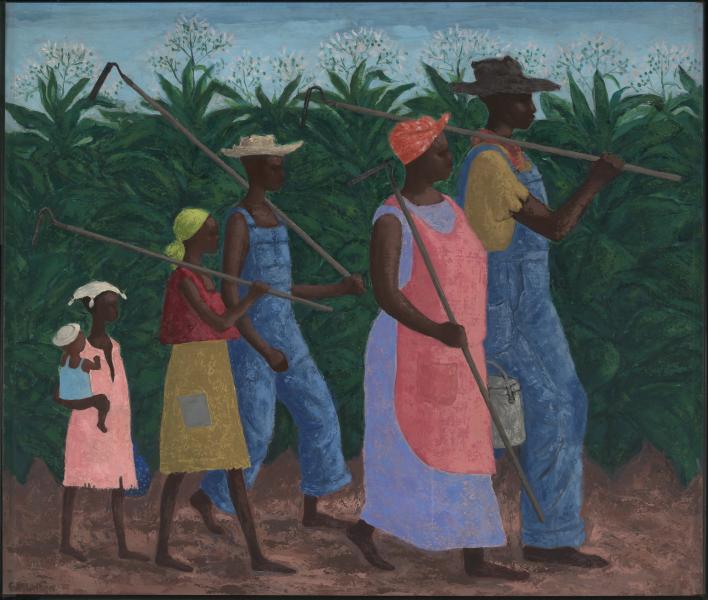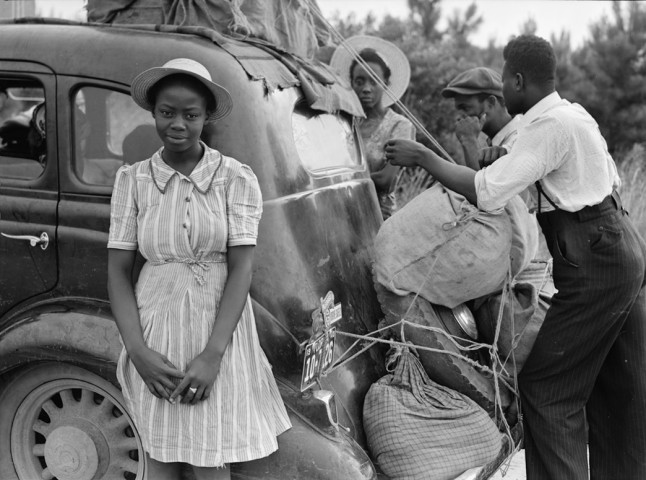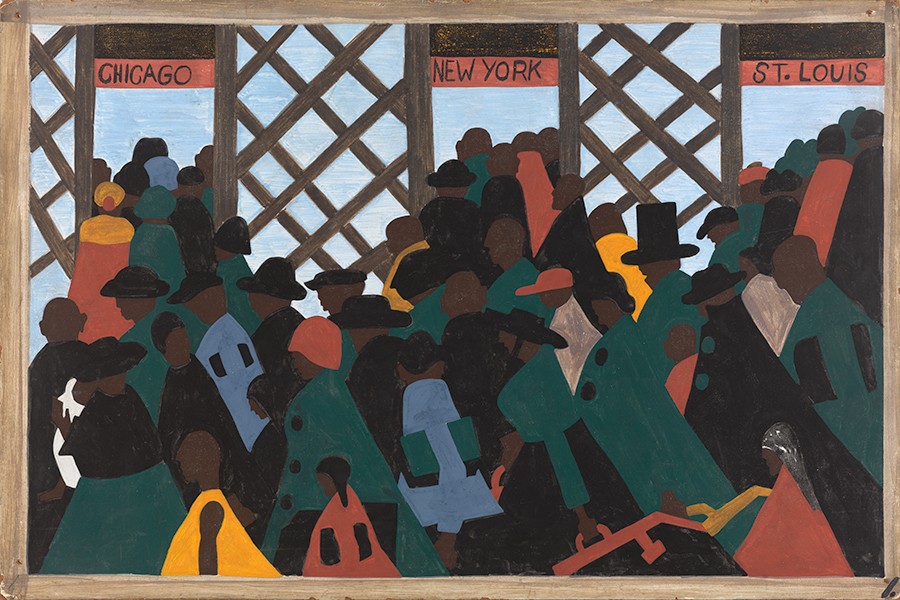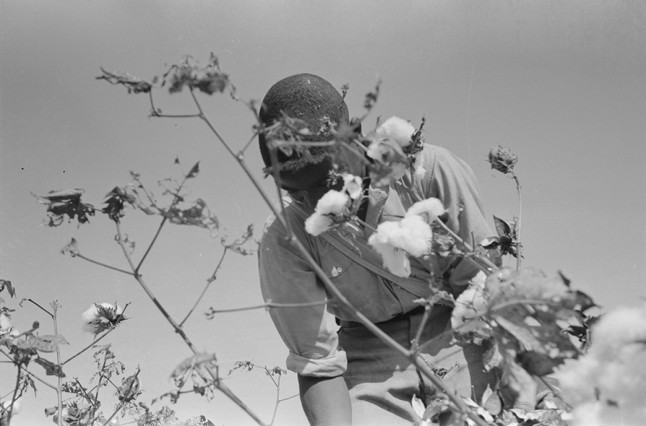After Reconstruction in the south, blacks still lived in communities which kept them from advancing economically, socially, and politically. Additionally, the KKK advocated for white supremacy, promoting violence against blacks. Furthermore, whites had advantages in job selection, forcing blacks to become manual laborers, continuing a cycle of poverty.
"Dear Sirs: I am enclosing a clipping of a lynching again which speaks for itself. I do wish there could be sufficient presure brought about to have federal investigation of such work. I wrote you a few days ago if you could furnish me with the addresses of some firms or co-opporations that needed common labor. So many of our people here are almost starving. The government is feeding quite a number here would go any where to better their conditions. If you can do any thing for us write me as early as posible." ~ Migrant Letter, 1917 [sic.], Library of Congress



